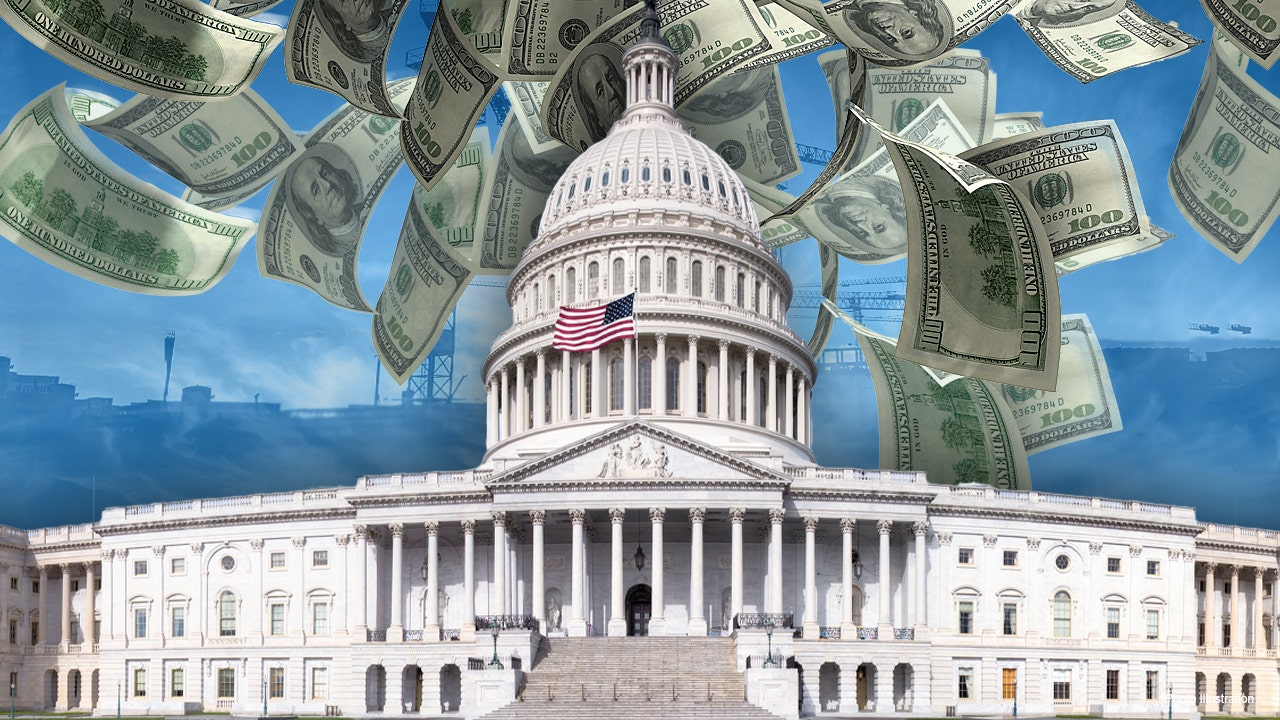Lyn Alden, founder of Lyn Alden Investment Strategy, discussed on “Making Money” the persistence of budget deficits and their implications for fiscal stability. The federal government’s budget deficit reached nearly $2 trillion last year and is anticipated to expand further. Experts emphasize the necessity for the government to control these deficits.
The Congressional Budget Office (CBO), a nonpartisan entity, provided a preliminary estimate of the deficit for fiscal year 2024, amounting to $1.834 trillion. This figure represents an increase of $139 billion compared to the previous fiscal year, driven by spending growth surpassing the increase in tax revenue.
This preliminary estimate places the FY2024 deficit as the third-largest in U.S. history, following the $3.132 trillion and $2.775 trillion deficits in FY2020 and FY2021, respectively. These earlier deficits were primarily due to significant federal spending on pandemic relief initiatives.
The current deficit growth is attributed to rising federal spending on entitlement programs such as Social Security and Medicare, which is affected by the aging U.S. population, as well as the impact of higher interest rates increasing debt servicing costs.
Spending on net interest payments on the debt increased by $240 billion in FY2024, compared to the prior year, as per CBO reports. Social Security expenditures were up by $107 billion, and Medicare spending increased by $25 billion.
Maya MacGuineas, president of the Committee for a Responsible Federal Budget, highlighted the current challenges, noting, “We are now borrowing $5 billion daily, and interest payments are soaring.” She further stated that last year’s deficit nearly doubled pre-pandemic levels, posing substantial challenges as debt is projected to reach unprecedented levels relative to the economy by 2027.
Michael Peterson, CEO of the Peter G. Peterson Foundation, emphasized the fiscal significance of the upcoming election and its implications for America’s future, particularly as interest costs and structural deficits continue to elevate the national debt.
The CBO projects that deficits will exceed $2 trillion annually beginning in FY2030 and approach $2.9 trillion four years later. Analyses of the economic plans proposed by Vice President Harris and former President Trump suggest that both would lead to larger deficits, with Harris’ plan potentially increasing them by $3.5 trillion and Trump’s by $7.5 trillion from 2026 to 2035.
MacGuineas stressed the unsustainability of continued borrowing and urged policymakers to establish a sustainable path for reducing the national debt for future generations. Peterson added that upcoming deadlines, including the return of the debt ceiling and the expiration of significant tax cuts, require the elected leaders to offer viable fiscal solutions.
